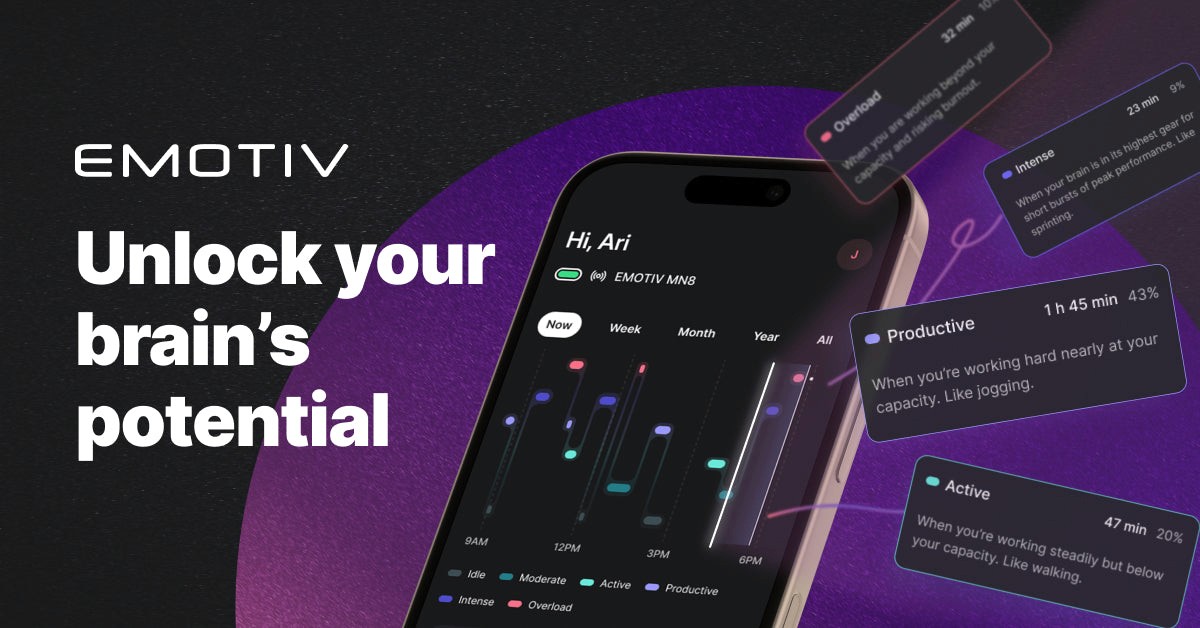Asymmetry of Gains and Losses: Behavioral and Electrophysiological Measures
Share:





Solutions
Support
Company

© 2025 EMOTIV, All rights reserved.

Your Privacy Choices (Cookie Settings)
*Disclaimer – EMOTIV products are intended to be used for research applications and personal use only. Our products are not sold as Medical Devices as defined in EU directive 93/42/EEC. Our
products are not designed or intended to be used for diagnosis or treatment of disease.
Solutions
Support
Company

© 2025 EMOTIV, All rights reserved.

Your Privacy Choices (Cookie Settings)
*Disclaimer – EMOTIV products are intended to be used for research applications and personal use only. Our products are not sold as Medical Devices as defined in EU directive 93/42/EEC. Our
products are not designed or intended to be used for diagnosis or treatment of disease.
Solutions
Support
Company

© 2025 EMOTIV, All rights reserved.

Your Privacy Choices (Cookie Settings)
*Disclaimer – EMOTIV products are intended to be used for research applications and personal use only. Our products are not sold as Medical Devices as defined in EU directive 93/42/EEC. Our
products are not designed or intended to be used for diagnosis or treatment of disease.